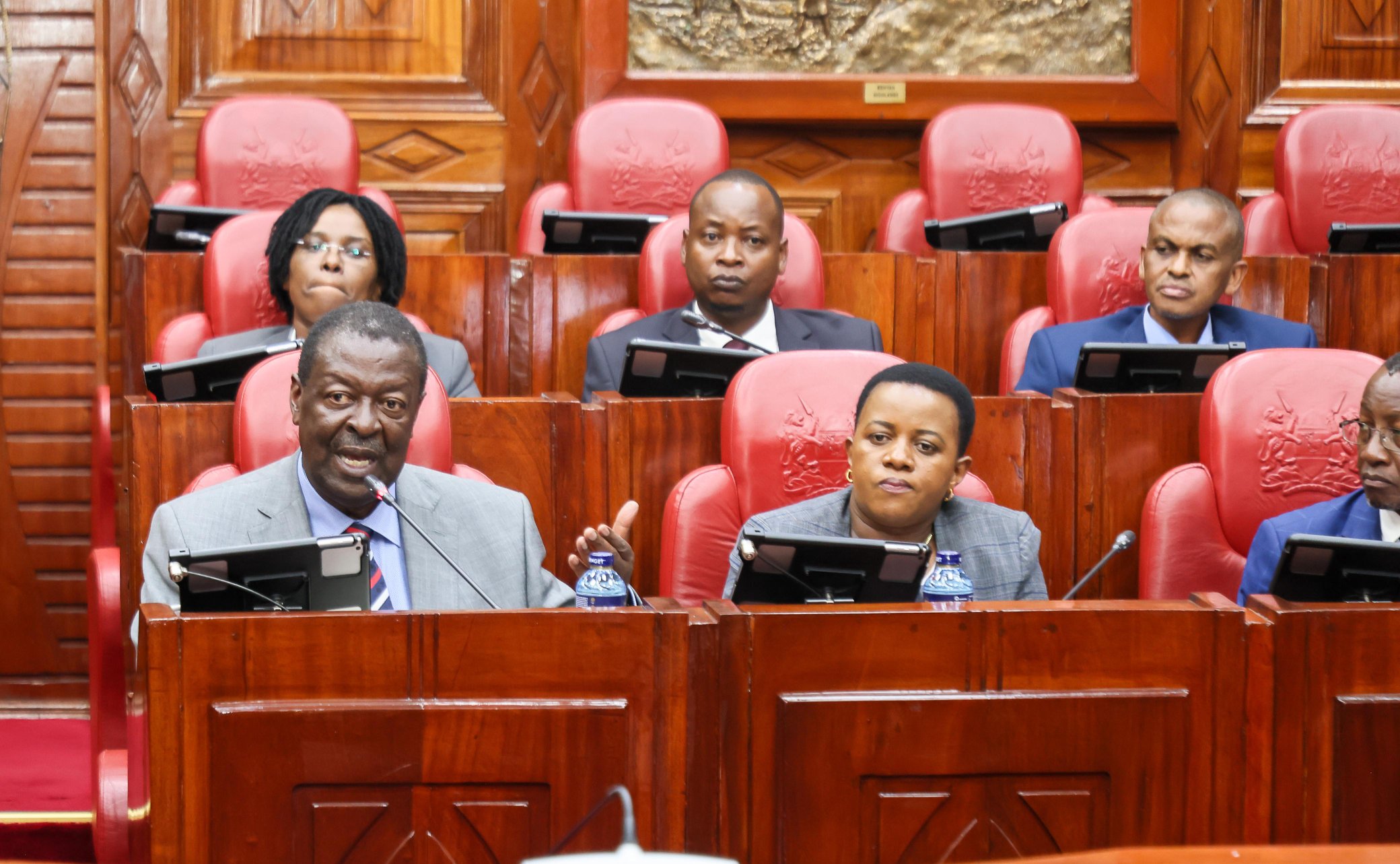Kenya lost over Sh500 billion to tax waivers and corruption- report

According to the NTA, tax incentives offered to attract foreign direct investment have instead contributed to revenue loss when given without proper impact assessments.
Kenya lost more than Sh500 billion in revenue last year through unchecked tax waivers, exemptions, and corruption, according to a new report by the National Taxpayers Association (NTA).
The amount, which represents 3.3 per cent of the country’s Gross Domestic Product (GDP), was a sharp increase from the Sh393.6 billion lost in 2022.
More To Read
- KRA rolls out new eRITS system to simplify rental income tax compliance for landlords
- Bill proposes new tax regulations for freelancers, gig workers
- Treasury lowers tax collection target by Sh40 billion due to continued underperformance
- KRA recovers Sh4.3bn from anonymous tips in tax evasion crackdown
The report titled Concept of Illicit Financial Flows and Domestic Revenue Mobilisation in Kenya identifies bribery and theft involving corrupt officials as some of the biggest causes of illicit financial flows (IFFs) in the country. It was launched in Nairobi and presented by lawyer Denis Moroga.
"Kenya's national revenue loses ground through a combination of deliberate tax evasion and aggressive avoidance schemes, and abusive transfer pricing that shifts taxable profits to low-tax jurisdictions," the report states.
According to the NTA, tax incentives offered to attract foreign direct investment have instead contributed to revenue loss when given without proper impact assessments.
The report outlines that while some businesses benefit from these tax breaks, the promised growth and job creation often fall short of expectations.
It also reveals that commercial malpractices such as trade mis-invoicing, where the value and quantity of imports and exports are intentionally misstated, continue to deprive the government of billions in tax income.
Other methods draining public funds include tax incentives granted without a thorough cost-benefit analysis and the laundering of proceeds from organised crime.
Outgoing NTA Chief Executive Officer Irene Otieno said the figures reflected lost opportunities for the government to collect much-needed taxes.
"If you look at how much Kenya loses as a country, it's a significant amount and drawing from the tax expenditure reports we see authored by the Treasury, we see that Kenya is foregoing a lot of revenue."
The report stresses the need for immediate reforms to stop the ongoing loss of public money through tax loopholes and corruption. It warns that these practices are undermining efforts to mobilise domestic resources and weaken both national and county budgets.
The NTA says that at the county level, corruption has played a major role in enabling IFFs. Funds intended for infrastructure, health, and water projects have been lost through inflated procurement contracts, fake payrolls, and collusive tendering practices.
Otieno challenged lawmakers to act, particularly the Senate, which plays an oversight role in protecting counties. She asked senators to question why the national government continues to allow tax policies that reduce the revenue available to devolved units.
"So, today our key findings from our report show that the Senate and the Council of Governors must find a way of protecting devolution by pushing back the national government to address revenue foregone because this will translate to resources to the counties, and therefore improve delivery of public services," she said.
Using legal reviews, existing data, and interviews with various government and civil society representatives, the report reveals that despite strong tax and anti-corruption laws, loopholes continue to enable the illegal outflow of huge sums of money from Kenya’s economy.
As counties struggle to fund basic services and the national government seeks to raise more revenue, the NTA report paints a clear picture of the financial damage caused by unchecked tax policies and corruption.
Top Stories Today









































